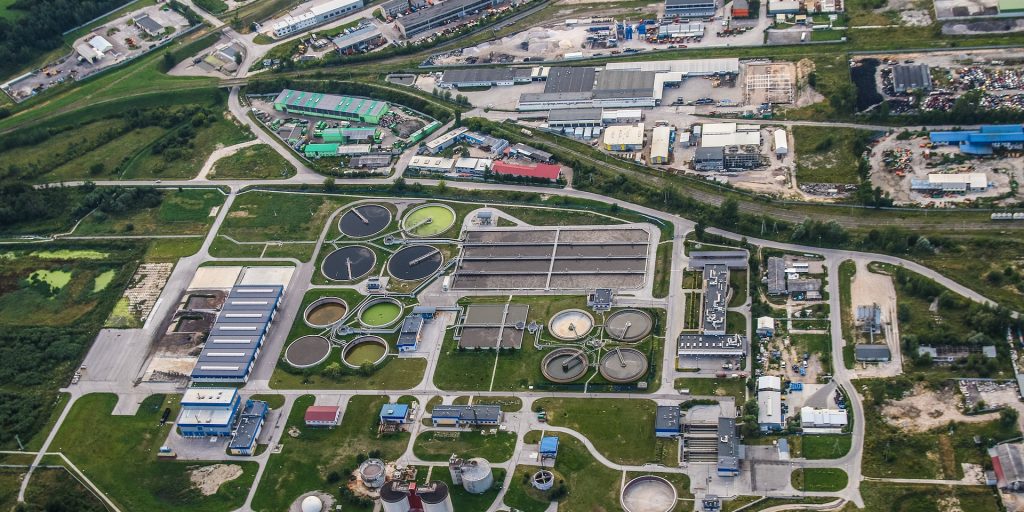Partnership launches no-cost wastewater monitoring service for local governments
Of all the important lessons cities and counties have learned since the pandemic began, high up on the list is the value of working together. No one community can solve cross-jurisdictional challenges alone—that’s a concept that’s at the heart of a new initiative launched by the National League of Cities (NLC) and WastewaterSCAN that brings no-cost wastewater monitoring services to local governments.
“This partnership’s work to expand access to wastewater monitoring tools and analysis will help cities, towns and villages across the country lead their response efforts to the monkeypox outbreak equipped with data and a network of support,” said Clarence Anthony, NLC’s CEO and executive director in a statement about the project.
The collaborative will bring together scientists from Stanford University, Emory University, and the life sciences company Verily Life Sciences to monitor, detect viral genetic material, and respond to diseases like COVID-19, monkeypox, influenza and respiratory syncytial virus. Once identified, WastewaterSCAN will provide participating communities with information about their wastewater levels and help them shape public health responses.
A statement from NLC notes that 38 treatment plants in eight states are currently receiving monkeypox results from WastewaterSCAN and SCAN in addition to results for the SARS-CoV-2 virus that causes COVID-19 and its variants, among other things. Wastewater monitoring is an important aspect of tracking public health, so the project and its implications is notable for administrators.
“Because it’s population-based and unbiased by access to clinical testing, wastewater helps us know the magnitude of an infectious disease in parts of a community. We know how valuable this can be, as testing practices for SARS-CoV-2 have changed,” said Alexandria Boehm, a Stanford University professor of civil and environmental engineering, in a statement about the project. “Genetic material of the pathogens we monitor has been documented in excretions from infected people that end up in the wastewater treatment system.”
An information brief on the project notes that “Wastewater data will be analyzed, and results provided to participating cities within 48 hours of wastewater sample arrivals at Verily, the lab partner for WastewaterSCAN. Wastewater monitoring results will be posted on the WastewaterSCAN website along with those of other participating cities. The project’s aim is to arm communities with wastewater data to inform public health planning and decision-making for addressing COVID-19, influenza, monkeypox and RSV and, in the long term, in preparing for the risks from other pathogens.
After a year, NLC will release a report on best practices for city administrators. The initiative is open to cities and towns that serve a sewer shed district of 50,000 people or more. Participating cities receive free test kits to draw water samples three times per week, access to a data dashboard where results are posted, and virtual learning opportunities that include interactive sessions with subject matter experts. Interested cities can apply to the Wastewater Monitoring Initiative on NLC’s website. The deadline to apply is Sept. 2, and after that, applications will be accepted on a rolling basis.




















